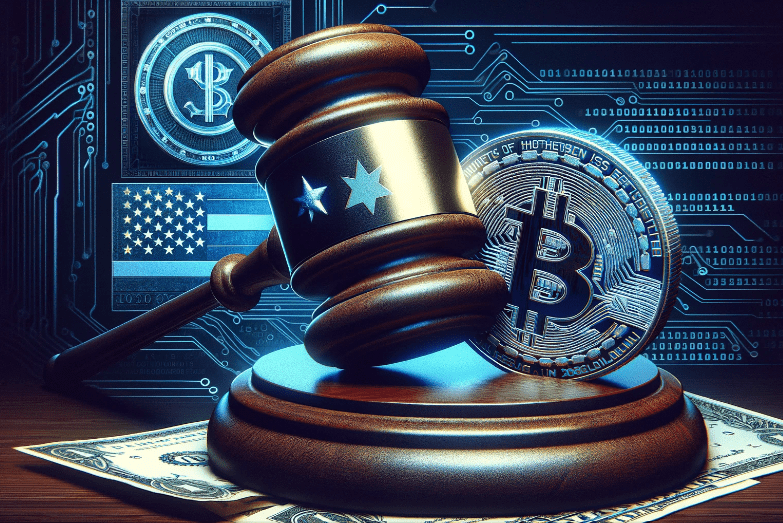The case against Bitzlato Ltd. and its founder, Anatoly Legkodymov, offers a comprehensive view into the challenges and complexities of regulating the cryptocurrency market, particularly concerning money laundering and its connections to illicit activities. The guilty plea by Legkodymov underscores the emerging narrative of the crypto world’s intersection with traditional legal and regulatory frameworks.
Key Aspects of the Bitzlato Case
- Major Money Laundering Allegations: Bitzlato, a Hong Kong-registered crypto exchange controlled by the Russian citizen Anatoly Legkodymov, processed over $700 million in illicit funds, including millions in ransomware proceeds. This significant amount reflects the scale at which crypto exchanges can operate outside the traditional financial oversight mechanisms (DoJ press release here).
- Connection with Darknet Markets: Bitzlato’s largest counterparty was the notorious Hydra Market, a darknet platform dealing in narcotics, stolen financial information, and money laundering services. This connection highlights the role of crypto exchanges in facilitating transactions for illegal online marketplaces (FinCen report here).
- Lax KYC Procedures: Bitzlato’s minimal identification requirements for its users made it an attractive platform for criminals. The exchange’s policy of not requiring stringent verification (like selfies or passports) and allowing “straw man” registrations facilitated anonymous and untraceable transactions, a significant issue in crypto regulation.
- Global Reach and Legal Implications: The involvement of various international law enforcement agencies and judicial bodies (like the FBI, the U.S. Department of Justice, and French authorities) in this case illustrates the global nature of cryptocurrency crimes and the need for international cooperation in regulation and law enforcement.
- The Role of U.S. Authorities: The active role of the U.S. Department of the Treasury’s Financial Crimes Enforcement Network (FinCEN) and the Justice Department in this case demonstrates the U.S. government’s commitment to combating illicit financial activities related to cryptocurrencies.
Implications of the Case
- Regulatory Challenges: The case brings to light the regulatory challenges in overseeing cryptocurrency exchanges, especially those operating internationally with lax KYC procedures. It underscores the need for a more robust regulatory framework to govern these exchanges.
- Security Concerns: The association of Bitzlato with ransomware groups, some allegedly linked to the Russian government, raises serious security concerns. It highlights the potential use of cryptocurrencies in state-sponsored or state-tolerated cybercriminal activities.
- Impact on the Crypto Industry: The crackdown on Bitzlato might have a ripple effect across the cryptocurrency industry. Exchanges might face increased scrutiny, and this could lead to more stringent regulations and compliance requirements.
- Legal Precedents: The guilty plea and subsequent legal actions set a precedent for how similar cases might be handled in the future. It could lead to more aggressive actions by regulatory and law enforcement agencies worldwide.
- Highlighting the Dark Side of Cryptocurrencies: This case exemplifies the darker uses of cryptocurrencies in laundering money and facilitating illegal online transactions, challenging the narrative of cryptocurrencies as purely innovative financial tools.
- Global Cooperation for Regulation: The Bitzlato case illustrates the importance of international cooperation in regulating and policing the crypto market, given its inherently borderless nature.
- Public Perception and Trust: Such high-profile cases can affect public trust in cryptocurrencies, potentially leading to a call for more transparency and accountability in the crypto market.
Conclusion
The Bitzlato case is a landmark in the ongoing effort to regulate and police the cryptocurrency market. It reveals the complexities of overseeing a rapidly evolving digital financial landscape, the necessity for international legal cooperation, and the challenges in balancing innovation with regulatory compliance and security concerns. As the crypto market continues to grow, cases like Bitzlato will likely become more frequent, prompting a reevaluation of current regulatory frameworks and enforcement strategies.
